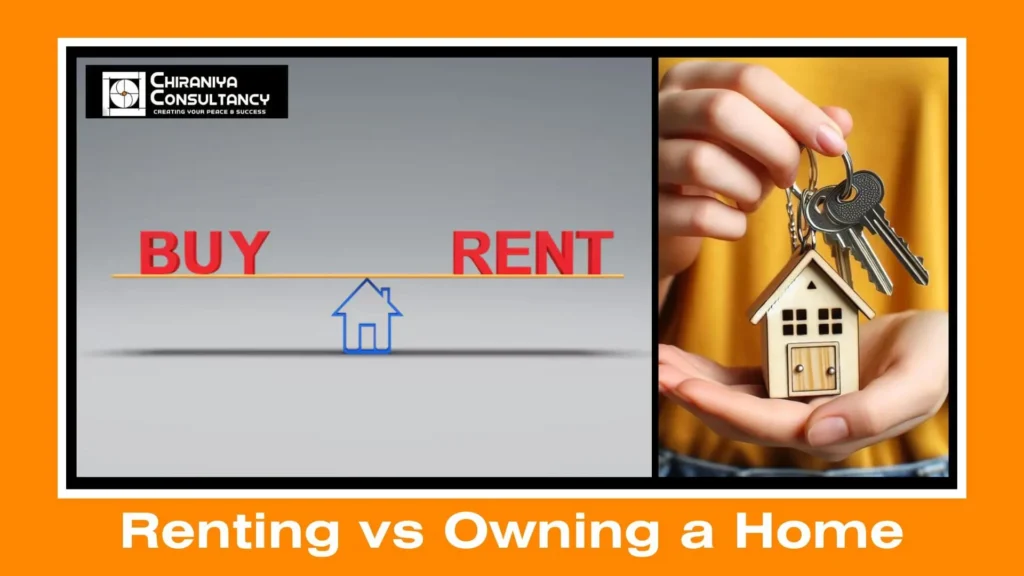Renting vs Owning a Home; What’s the smart choice?
The debate over renting vs owning a house has been a never ending one, right? Is 2024 the year where you make the leap from renting a home to owning one? With the ever evolving real estate market, deciding between renting vs owning a house can be a daunting task. While renting offers flexibility and less maintenance, owning provides stability and the potential for equity growth. But what would be the smarter choice to make, considering today’s economic climate? Interest rates, housing supply, and personal financial goals play an important role in this decision. This article explores the pros and cons of renting vs owning a house.
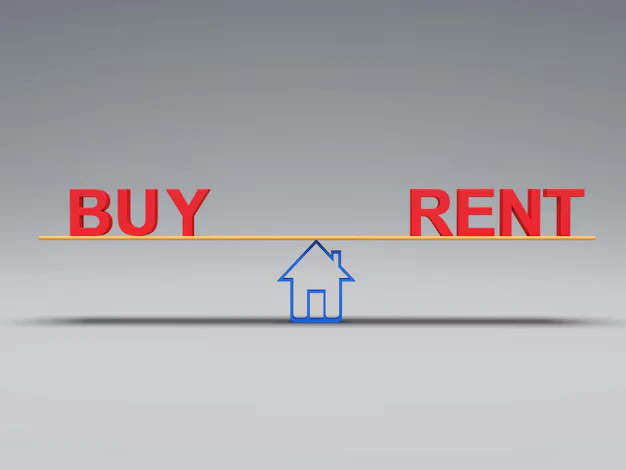
This will help you determine the best path for your lifestyle and financial future. Whether you are a first time homebuyer or a seasoned renter, making an informed choice is key to thriving in 2024’s housing market. Read on!
Renting vs Owning a Home: Financial Considerations
When deciding between renting vs owning a home, financial considerations play a rather significant role. Let us break the key points down for you.
Upfront Costs—Down Payments vs Security Deposits: Buying a home usually requires a down payment, which can be a substantial amount of money. This usually ranges between 10 to 20 percent of the home’s price. In contrast, renting requires a security deposit, often equivalent to a couple of months’ rent.
Q: Which is the cheaper upfront?
A: Renting, as compared to owning, is cheaper upfront. This is because the security deposit is much lower than a down payment.
Monthly Expenses—Mortgage Payments vs Rent
Monthly costs for homeowners include mortgage payments, property taxes, and maintenance. Renters, on the other hand, pay their monthly rent and may have lower maintenance costs. In case of renting, the repairs are mostly handled by the landlords themselves.
Q: Is renting always the cheaper month-to-month?
A: That should not necessarily be the case every time. IT depends on the area and current market conditions.

Long term Investment Potential: Owning a home can be a good long term investment. Over time, property values tend to rise, allowing homeowners to build equity. Renters do not build equity, as rent payments do not contribute to ownership.
Tax Benefits and Deductions: Homeowners can benefit from various tax deductions. These may include mortgage interest and property tax deductions. Renters do not receive these tax benefits.
Q: Can tax benefits make owning more attractive?
A: Yes, the tax benefits can significantly offset some costs of owning a home.
Renting vs Owning a Home: Lifestyle and Flexibility
When debating over Renting vs Owning a home, lifestyle and flexibility are crucial factors that are to be considered. Read on to take a closer look at the aspects.
Mobility and Relocation Ease: Renting offers great flexibility. If you need to move for a job or simply want a change of scenery, ending a lease is much easier than selling a house.
Q: Is it easier to move if you are renting?
A: Absolutely! Renting allows you to relocate with less hassle compared to selling a house.
Customization and Personalization of Living Space: Homeowners have the freedom to renovate and decorate their space as they wish. You can paint walls, remodel rooms, and make your home truly yours. Renters usually have restrictions on how much they can alter their living space.
Maintenance Responsibilities and Costs: Homeowners are responsible for all maintenance and repair costs, which can add up over time. Renters, however, usually have landlords who handle these expenses.
Q: Who deals with maintenance issues in a rental?
A: Typically, it is the landlord who takes care of maintenance and repair costs in a rental property.
Impact on Lifestyle and Future Plans: Owning a home can provide stability and a sense of community, which is great for families or those looking to settle down. Renting, with its flexibility, suits those who prefer not to be tied down and might have future plans that involve travelling or relocating.
Renting vs Owning a Home: Market Trends and Economic Factors
Much like the above mentioned factors, understanding market trends and economic factors is also essential while making a decision between renting vs owning a home. Let us explore the key areas.
Current Housing Market Analysis: The housing market constantly changes, with prices fluctuating based on the supply and demand.. In the year 2024, some areas may experience rising home prices, making buying a home more expensive. Other areas might see a slowdown, creating opportunities for buyers.
Q: Is it a good time to buy a home in 2024?
A: It clearly depends on the conditions of your local market. Some areas might be more favourable for buyers than others.
Interest Rates and Mortgage Availability: Interest rates play a significant role in home buying. Lower interest rates means lower monthly mortgage payments. This just makes homeownership more affordable. In the year 2024, keeping an eye on the interest rates and its trends can help you decide when to buy.
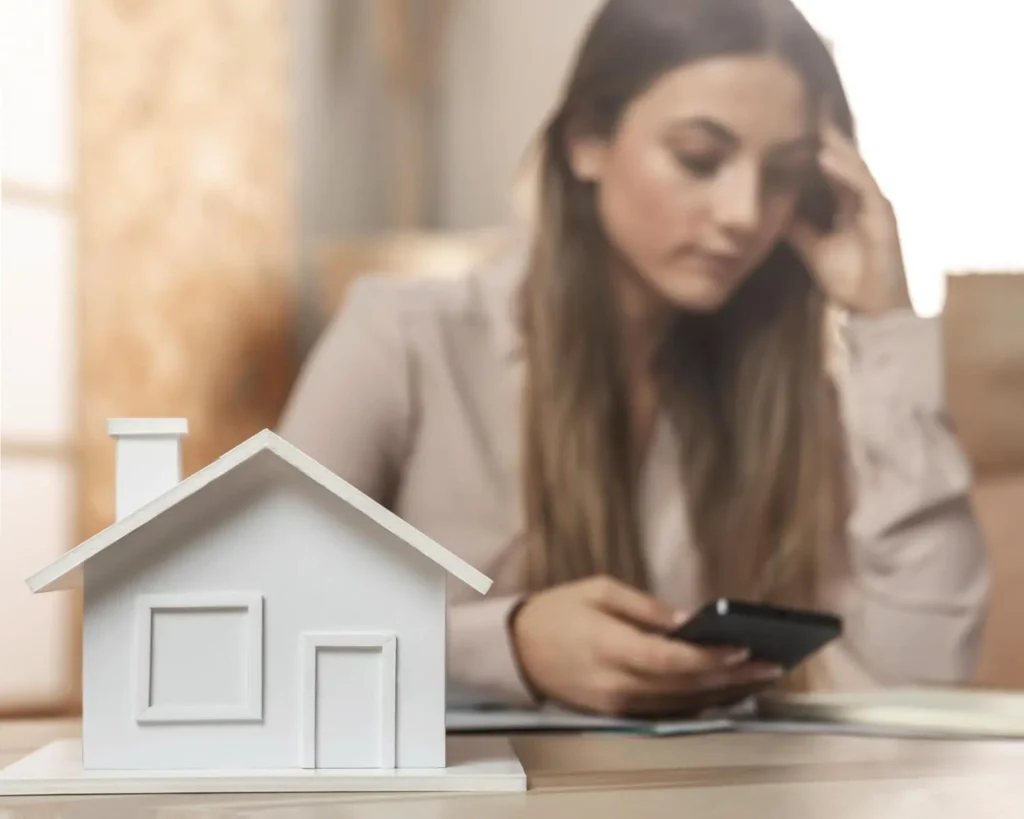
Rental Market Dynamics: The rental market is also influenced by supply and demand. High demand can drive up rent prices, making renting less attractive. Conversely, if there are plenty of rental properties available, rents might be lower.
Q: Are rents likely to rise in 2024?
A: The rents might increase in many areas, given that the demand for rental properties remain high.
Economic Indicators and Their Influence on Housing Decisions: Economic factors like job growth, inflation, and wage trends impact housing decisions. A strong economy with rising wages can make home ownership more attainable. Conversely, economic uncertainty might make renting a safer choice.
Renting vs Owning a Home: Pros and Cons
Choosing between renting vs owning a home involves weighing the pros and cons of each option. Let us break that down for you. Read on:
Advantages of renting a home
- Landlords handle maintenance and repairs
- Flexibility to move easily
- Lower upfront costs with just a security deposit
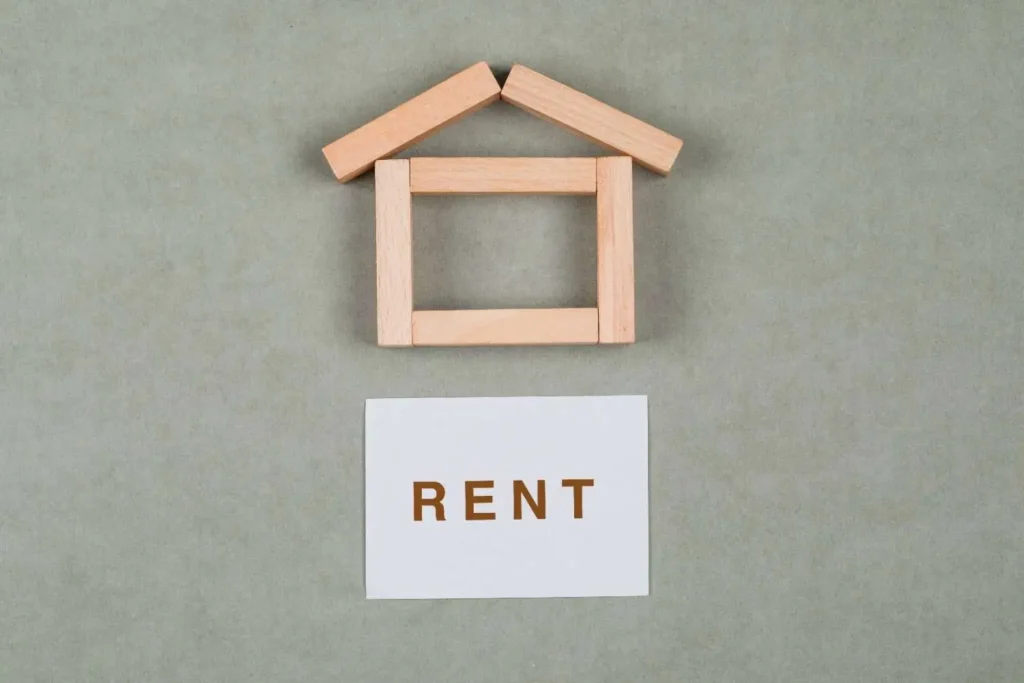
Disadvantages of renting a home
- No equity build up
- Limited ability to customise your living space
- Rent can increase over time
Q: Is renting better for those who like to move often?
A: Yes, renting offers the flexibility to relocate without much hassle
Advantages of owning a home
- Potential tax benefits from mortgage interest deductions
- Building equity over time
- Freedom to customise and renovate your home
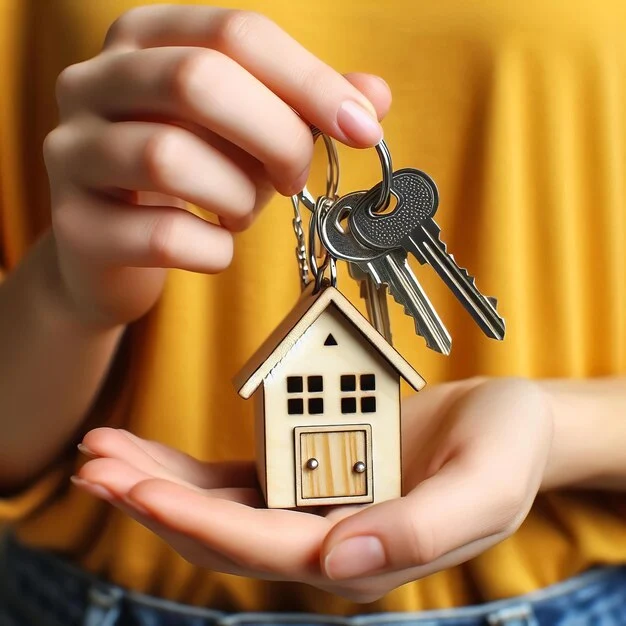
Disadvantages of owning a home
- Higher upfront costs (Including down payment and closing fees)
- Responsible for all maintenance and repairs
- Less flexibility to move quickly
Q: Does owning a home provide long term financial benefits?
A: Yes, owning can build equity and offer tax benefits. This makes it a good long term investment
Apart from everything, consider taking stories from friends and family who have rented or owned homes. Some might highlight the joy of customising their home, while others might value the ease of moving for a job opportunity.
Decision making tips and advice for 2024
- Evaluate market conditions: Are home prices and interest rates favourable for buying?
- Assess your financial situation: Can you afford a down payment and monthly mortgage payments?
- Consider your long term plans: Do you plan to stay in one place for several years?
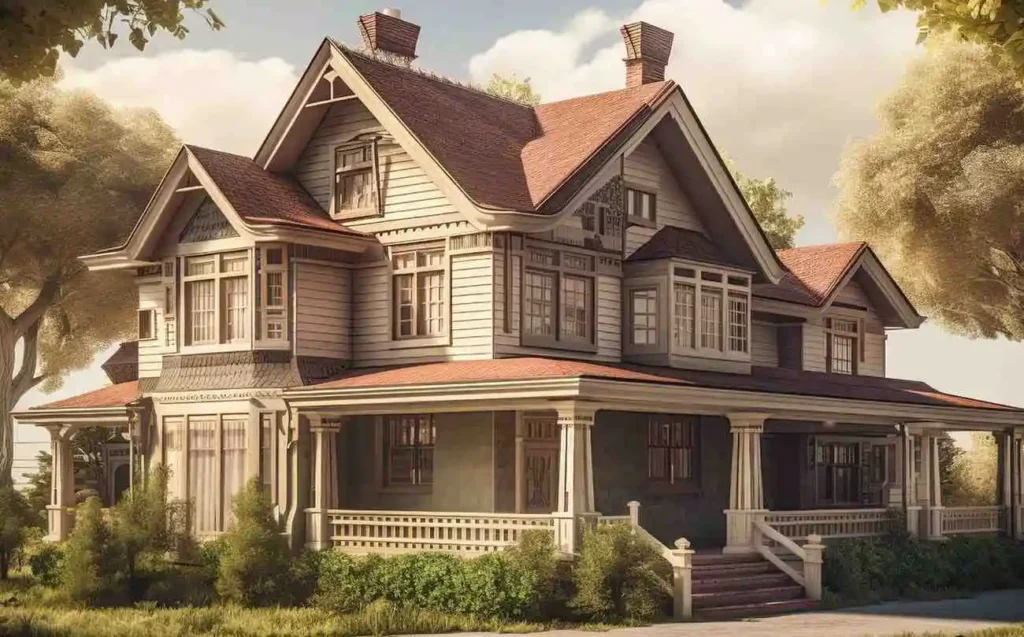
In conclusion, both renting and owning have their unique benefits and drawbacks. By understanding these factors and reflecting on your personal circumstances, you can make an informed decision.
Read to know why is it important to hire an architect in today’s time. Book your free consultation call with our expert architects now!

